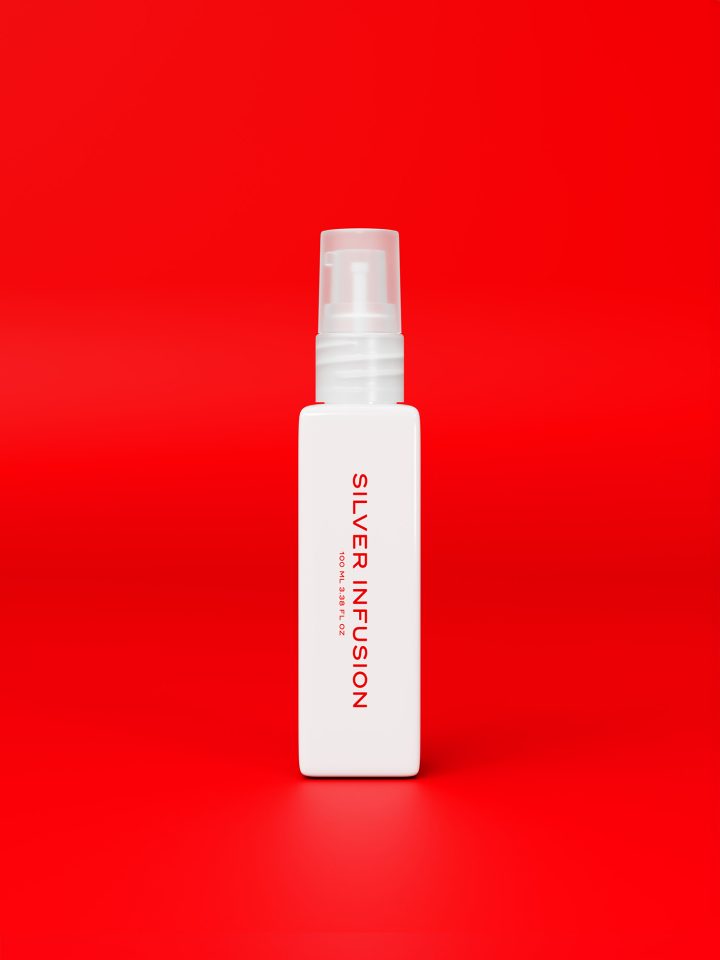What is seborrheic dermatitis?
Seborrheic eczema is a common skin disease that affects the scalp and other parts of the body with sebaceous glands, such as the face, neck, ears and chest. It is characterized by redness, scaling and itching. Many people may experience this condition to varying degrees and it can be frustrating to deal with. But don't worry, we have some useful tips and advice to help you along the way!
Causes of seborrheic dermatitis
Seborrheic eczema occurs due to a combination of genetic, environmental and microbial factors. Although the exact cause is not yet fully understood, there are some factors that may play a role in the development of seborrheic eczema:
Overproduction of sebum: Increased sebum production can cause yeast fungi, such as Malassezia, to overgrow and cause inflammation of the scalp.
Susceptibility to fungus: Some people may be more susceptible to fungal infections and have an overreaction to Malassezia.
Hormonal changes: Hormonal changes, such as during puberty or stress, can affect sebum production and thus trigger seborrheic dermatitis.
Symptoms of seborrheic dermatitis
Being able to recognize the symptoms of seborrheic eczema can help you take action in time. Here are some common symptoms to be aware of:
Red and inflamed patches: Seborrheic eczema can cause redness and inflammation of the scalp, face or other affected areas.
Scaling and flaking: Scaling and flaking are common in seborrheic dermatitis. It can cause an itchy and irritating sensation.
Itching and discomfort: Seborrheic dermatitis can be very itchy and cause discomfort. It may be tempting to scratch, but this can make the condition worse.
Effective solutions for seborrheic dermatitis
Now that we understand seborrheic eczema better, it's time to look at some practical solutions to manage this condition and relieve the symptoms:
Use mild hair care: Choose mild hair care products that are free of sulfates and cyclic silicones. Our products from The Every are specially formulated for sensitive hair and scalp and can be very helpful. Try our Caring Shampoo, Caring Masque or Caring Conditioner to nourish your hair while soothing your scalp.
Keep your scalp clean: Wash your scalp regularly to keep it clean and free of excess oil and sebum. However, avoid excessive washing, as it can dry out the skin and cause more irritation. A balanced hair care routine is key.
Avoid harsh chemicals: Avoid hair care products with harsh chemicals that can further irritate the scalp. Instead, choose products with mild and natural ingredients to soothe and nourish your scalp.
Try natural home remedies: Some natural ingredients can have soothing effects on seborrheic eczema. Coconut oil, aloe vera jelly and tea tree oil can be valuable to use to reduce inflammation and itching.
Follow a healthy lifestyle: A healthy lifestyle can help improve the condition of your skin. Eat a balanced diet rich in nutrients and avoid excessive stress. A healthy body also positively affects your hair and scalp.
Now that we have gone through effective remedies for seborrheic eczema, let's take a look at some of the most common questions people usually google about this condition.
FAQ
Q: Is seborrheic eczema contagious?
A: No, seborrheic eczema is not contagious. It is an inflammatory skin disease that cannot be transmitted from person to person.
Q: Can seborrheic eczema be permanently cured?
A: Seborrheic eczema cannot be permanently cured, but with the right treatment and management, symptoms can be kept under control and improve significantly.
Q: Which products from The Every are suitable for seborrheic eczema?
A: To soothe your scalp and care for your hair, we recommend our Caring Shampoo, Caring Masque and Caring Conditioner. These products are specially designed for sensitive hair and scalp and can help manage seborrheic eczema.
Q: Can seborrheic eczema affect the face?
A: Yes, seborrheic eczema can affect the face, especially areas such as the nose, eyebrows and cheeks. The same treatment principles can be used to manage seborrheic eczema on the face.
Q: Are there any medical treatments for seborrheic eczema?
A: Yes, in severe cases of seborrheic eczema, a dermatologist may prescribe medical treatment such as topical steroid cream or antifungal drugs to reduce inflammation and control the fungus.
Executive summary
We hope this blog post has given you a good understanding of seborrheic eczema and offered useful tips for managing this condition. Remember that our products from The Every can be very helpful in caring for your hair and soothing your scalp. Don't hesitate to try them and see which ones suit you best. Take care of your hair and enjoy a healthy scalp!
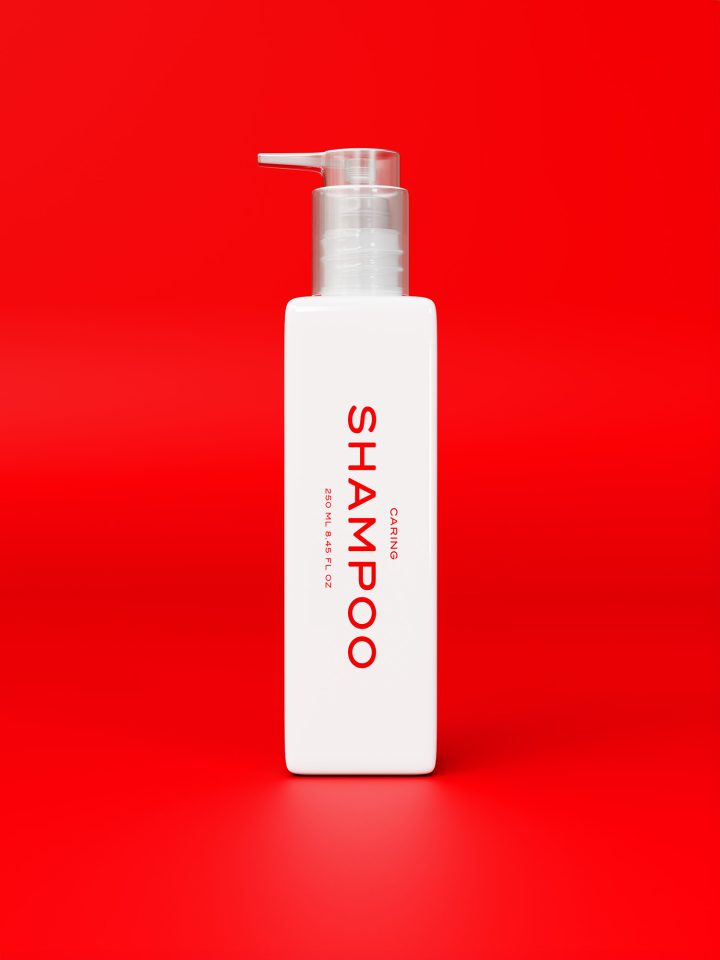
Caring Shampoo Gentle sulfate-free moisturizing shampoo 26,00 € - available on subscription from every 7 weeks
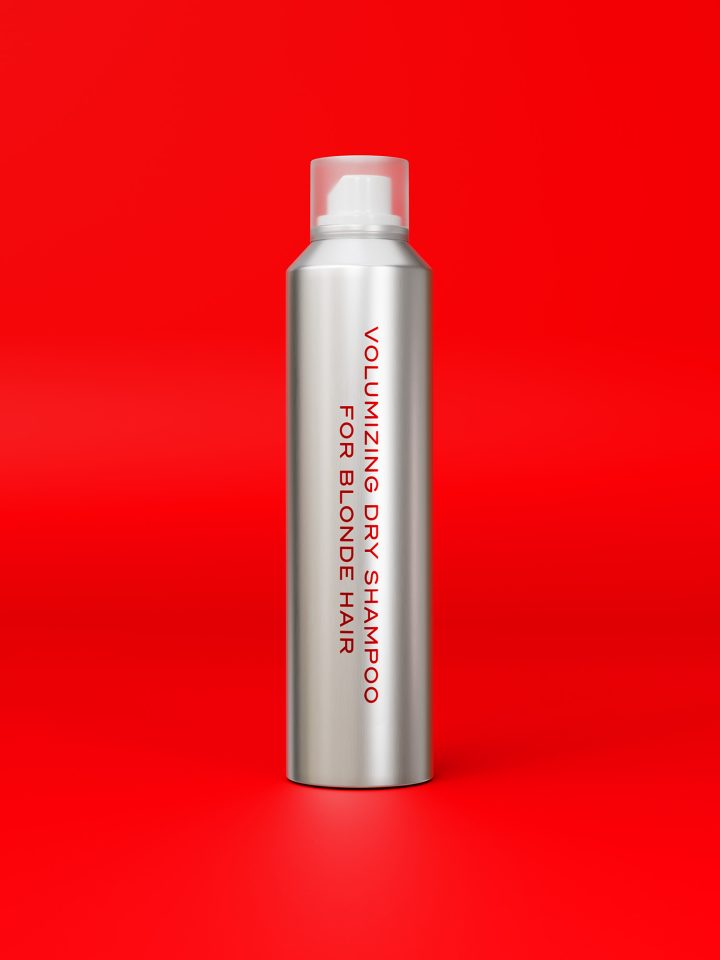
Volumizing Dry Shampoo Blonde Instant volume without irritating the scalp 27,00 € - available on subscription from every 10 weeks
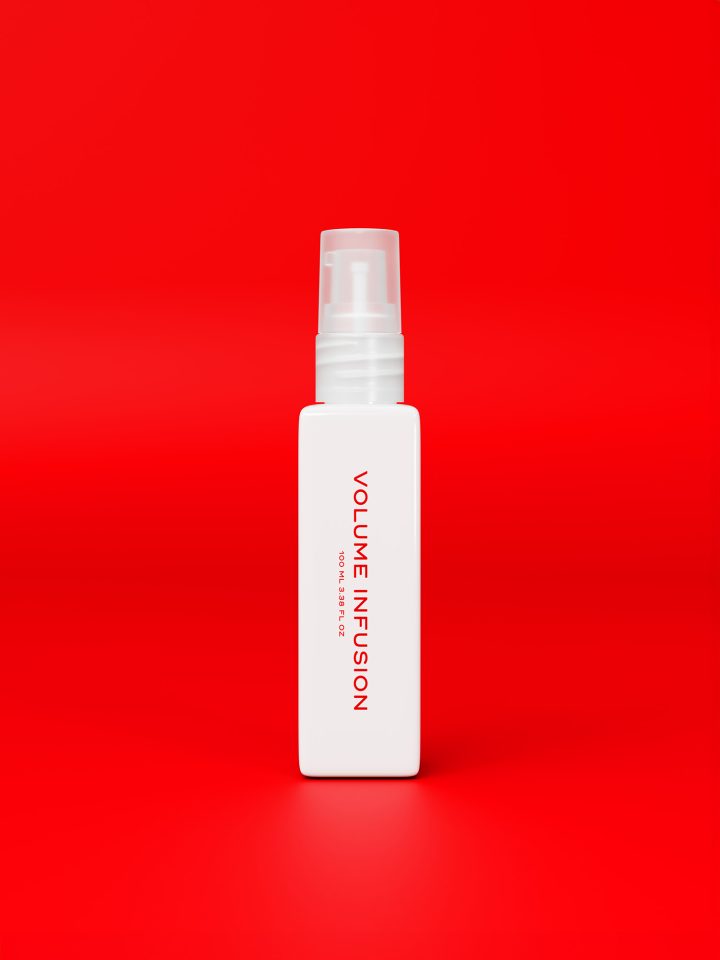
Volume Infusion - Booster Volume straight from the shower without styling 30,00 € - available on subscription from every 7 weeks
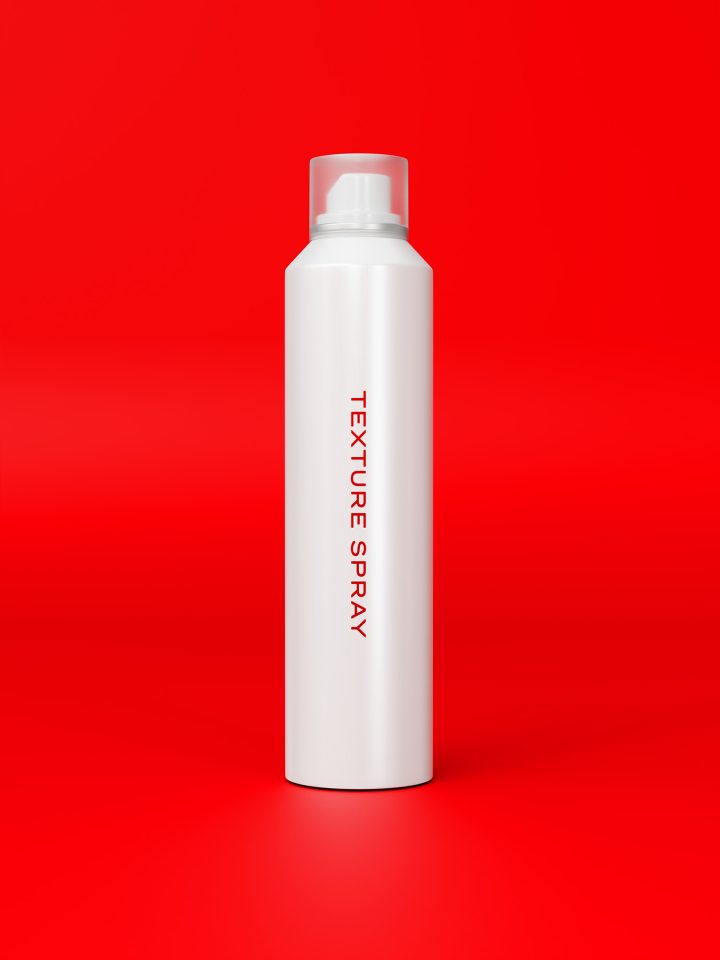
Texture Spray Instant volume without a sticky feeling 27,00 € - available on subscription from every 7 weeks
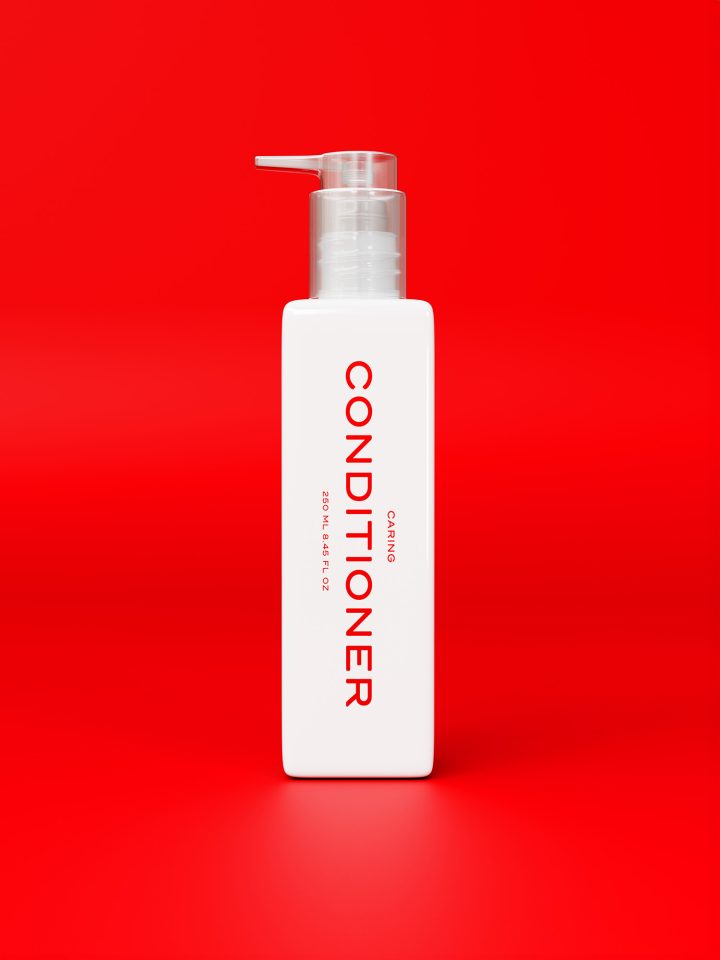
Caring Conditioner Gentle sulfate-free moisturizing conditioner 26,00 € - available on subscription from every 7 weeks
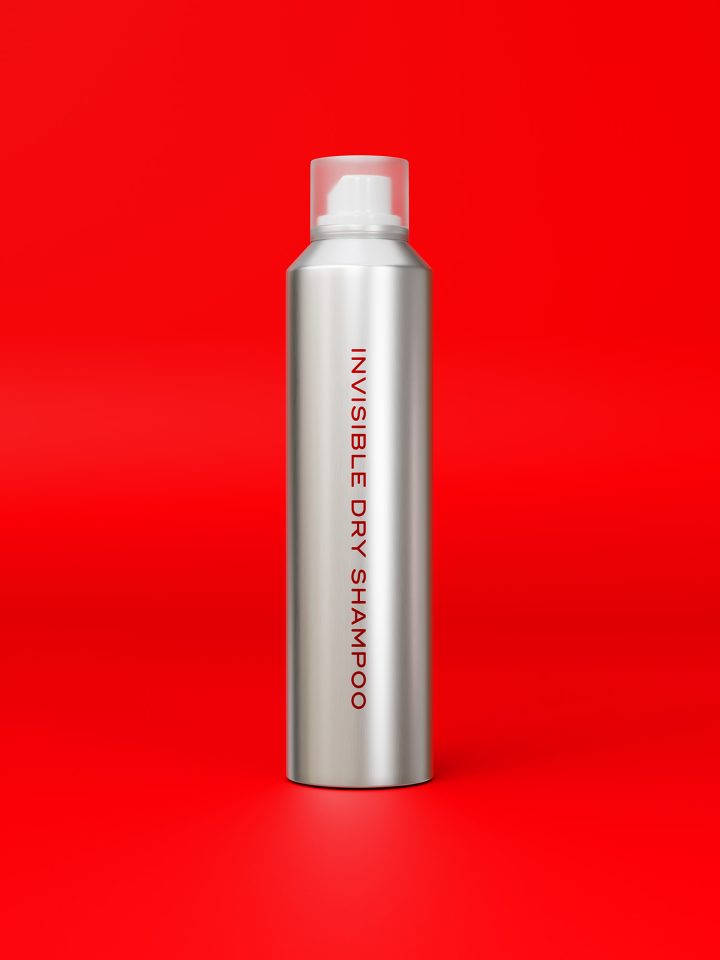
Invisible Dry Shampoo Fresh hair instantly without product residue 27,00 € - available on subscription from every 10 weeks
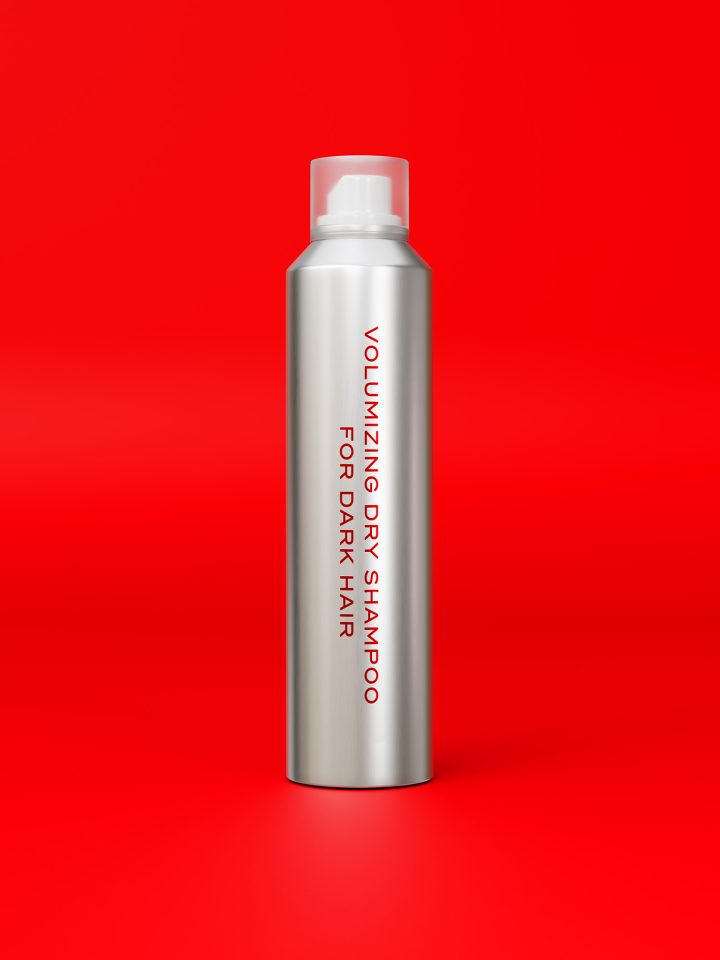
Volumizing Dry Shampoo Dark Instant volume without irritating the scalp 27,00 € - available on subscription from every 10 weeks
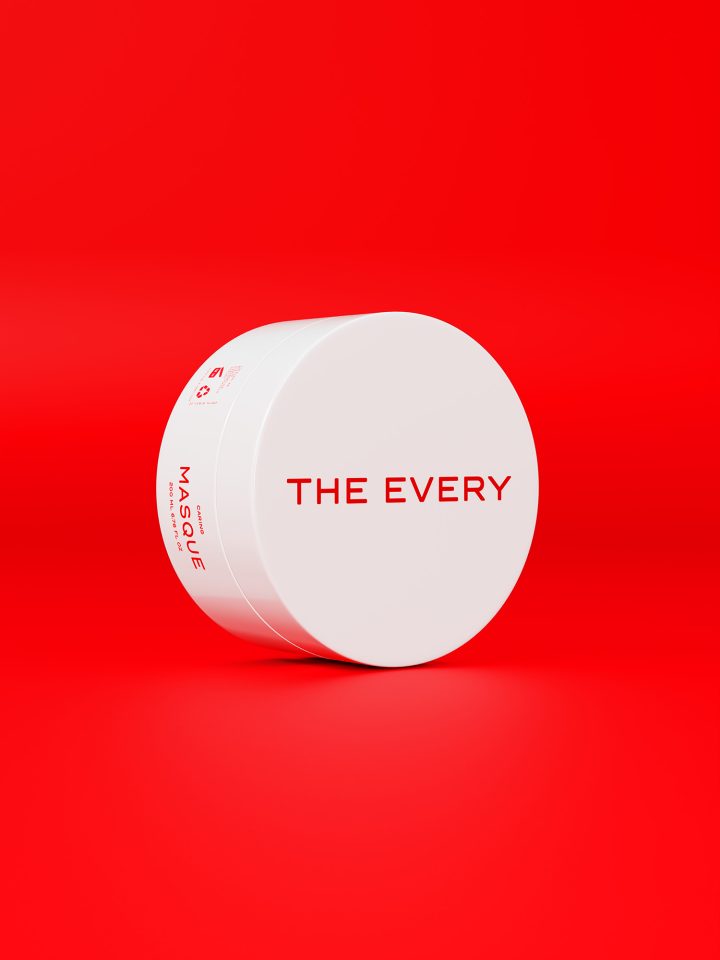
Caring Masque Intensively nourishing hair mask with shea butter 35,00 € - available on subscription from every 10 weeks
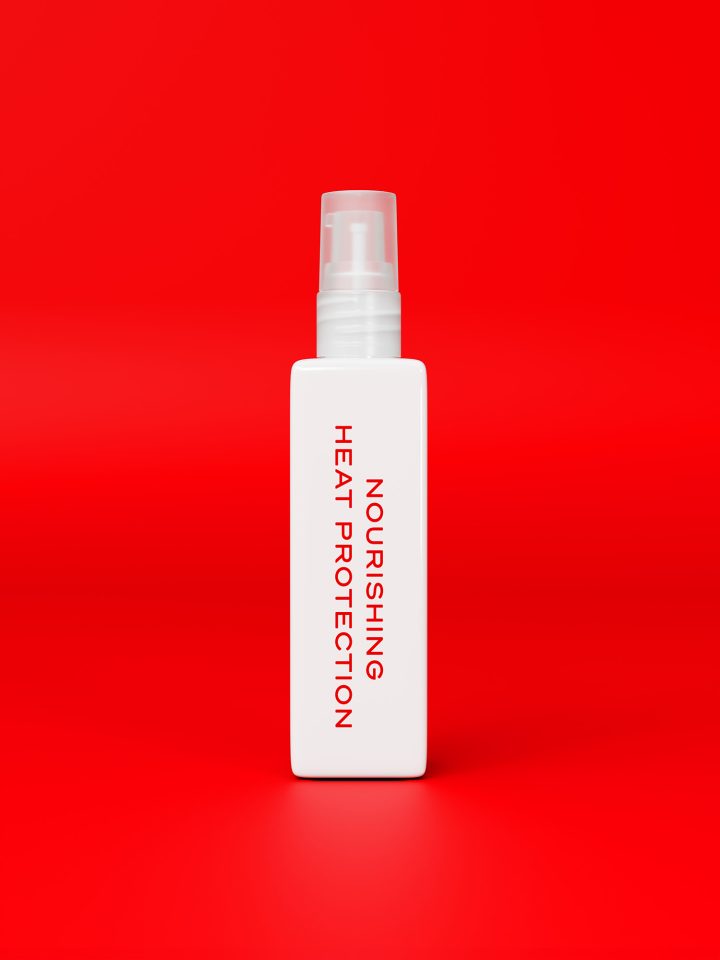
Nourishing Heat Protection Ultra-protective, nourishing leave-in cream 27,00 € - available on subscription from every 7 weeks
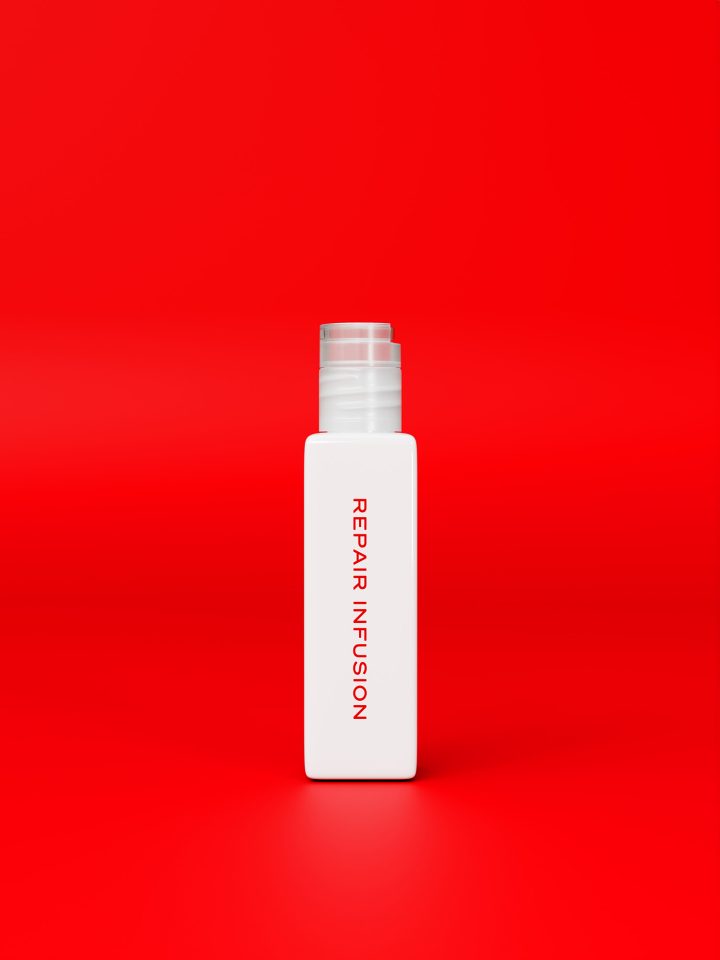
Repair Infusion - Booster Intensive multi-repair booster 30,00 € - available on subscription from every 7 weeks
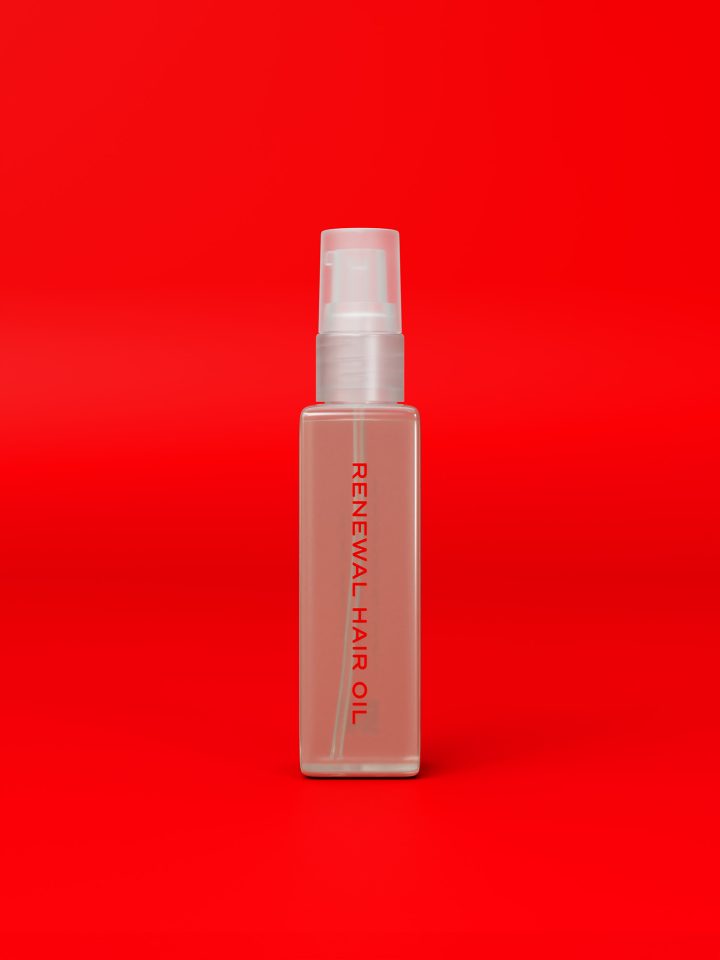
Renewal Hair Oil Nourishing & shine-giving hair oil 45,00 € - available on subscription from every 7 weeks
